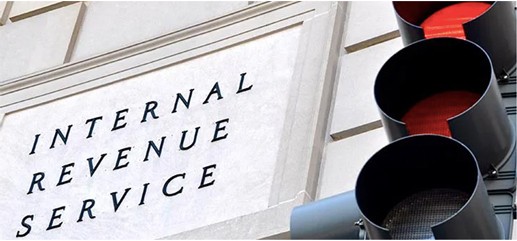Claim a Tax Deduction
Your monetary donations and donations of clothing and household goods that are in “good” condition or better are entitled to a tax deduction, according to Federal law. The Internal Revenue Service requires that all charitable donations be itemized and valued.
Use the list of average prices below as a guide for determining the value of your donation. Values are approximate and are based on items in good condition.
It’s a good idea to check with your accountant or read up on the rules before you file you return. Here are some handy IRS tips for deducting charitable donations.
When you bring items to one of our donation locations, you may fill out a paper donation form. The form is required if you are donating computers and other technology equipment so that we can comply with state reporting requirements. Thanks for taking the time to fill it out!
Estimated Donation Values
Children's Clothing
Tax Information
If you itemize deductions on your federal tax return, you may be entitled to claim a charitable deduction for your Goodwill donations. According to the Internal Revenue Service (IRS), a taxpayer can deduct the fair market value of clothing, household goods, used furniture, shoes, books and so forth. Fair market value is the price a willing buyer would pay for them. Value usually depends on the condition of the item. By law, a charity cannot tell you what your donated items are worth. This is something you must do yourself. To assess “fair market value” for your donations:
Consult a local tax advisor who should be familiar with market values in your region
IRS Guidelines
Determining the Value of Donated Property — defines “fair market value” and helps donors and appraisers determine the value of property given to qualified organizations. It also explains what kind of information you must have to support the charitable contribution deduction you claim on your return. (Publication 561)
To help you determine your donations fair market value Goodwill is happy to provide a Donation Value Guide that offers average prices in our stores for items in good condition.
Charitable Contributions — explains which organizations are qualified to receive deductible charitable contributions, the types of contributions you can deduct, how much you can deduct, what records to keep, and how to report charitable contributions (Publication 526)

Noncash Charitable Contributions — applies to deduction claims totaling more than $500 for all contributed items. If a donor is claiming over $5,000 in contribution value, there is a section labeled “Donee Acknowledgement” in Section B, Part IV of Internal Revenue Service (IRS) Form 8283 that must be completed. The form and instructions are available on the IRS site and can be accessed through this link, IRS Tax Forms. A member of the management staff must verify that the donation receipts match the completed form and fill in the date of donation/s in this section. In addition, Goodwill’s name (Goodwill Retail Services, Inc.), store address and identification number (39-2040239) must be completed. Management staff must also provide their signature, title, and the signature date. Finally, a copy of completed Form/s 8283 should be forwarded to the Merchandise Analyst.
IRS Links for Forms and Instructions — IRS Tax Form 8283 is used to report information about noncash charitable contributions. Form 8282 is used to report information to the IRS and donors about dispositions of certain charitable deduction property made within 3 years after the donor contributed the property.
Goodwill will be happy to provide a receipt as substantiation for your contributions in good used condition, only on the date of the donation.
Goodwill Central Coast information for tax return with address of your donation center.
Tax ID 94-1254638
Source: IRS Donating Guidelines



